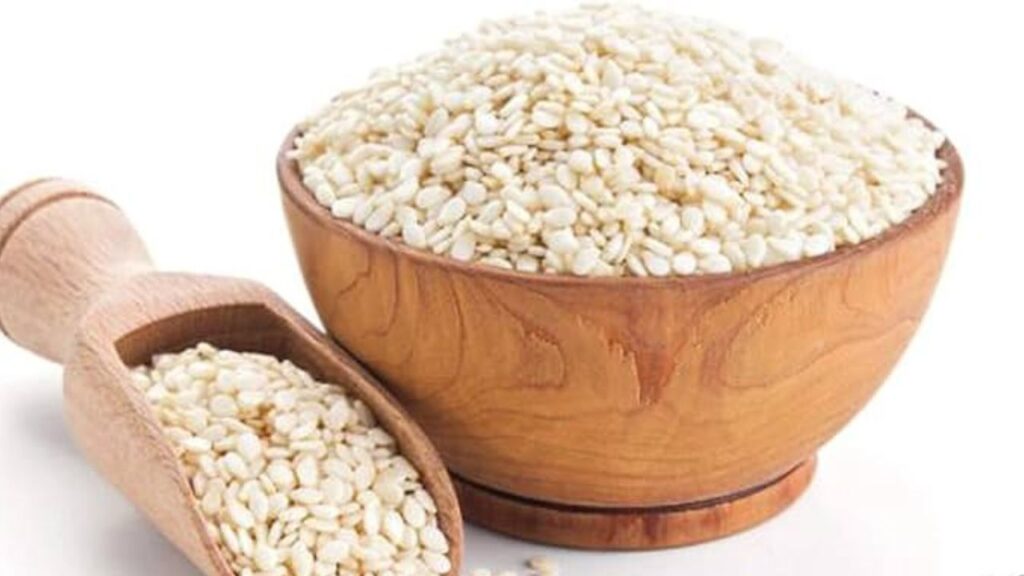Sesame seeds, derived from the sesame plant, have been cultivated for thousands of years and hold a significant place in culinary traditions worldwide. With their delicate nutty flavor and versatile application, sesame seeds are not only valued for their taste but also esteemed for their impressive nutritional profile. These Sesame Seed are packed with essential nutrients and gluten free, including protein, dietary fiber, vitamins, and minerals such as calcium, iron, magnesium, and zinc.
Is Sesame Seed Gluten Free?
Sesame, a widely used ingredient in various culinary dishes, is confirmed to be free from gluten. Gluten, a composite of proteins found in wheat and related grains like barley and rye, can cause adverse reactions in individuals with celiac disease or gluten sensitivity.
Read also Are Mambas Gluten Free: Its Nutrition Value
Sesame Seeds for Weight Loss
Sesame seeds can be a valuable addition to a weight loss regimen due to several factors. Firstly, they are rich in dietary fiber, which can promote feelings of fullness and satiety, potentially reducing overall calorie intake. Additionally, sesame seeds are a good source of protein, which is essential for muscle maintenance and can help support a healthy metabolism.
Sesame Seeds Nutrition Value
Sesame seeds are a powerhouse of nutrition, offering a wide array of essential vitamins, minerals, and beneficial compounds. These tiny seeds are particularly rich in protein, making them a valuable addition to vegetarian and vegan diets.
| Nutrient | Amount |
|---|---|
| Protein | 1.6 |
| Energy | 51.57 |
| Sugars | 0.03 |
| Fiber | 1.06 |
| Calcium | 87.75 |
Sesame Seeds Ingredients
Sesame seeds are renowned for their rich nutritional profile, boasting high levels of protein, vitamin B1, and dietary fiber. They serve as an exceptional source of essential minerals, including phosphorus, iron, magnesium, calcium, manganese, copper, and zinc (refer to Table 1 for detailed information).
Which is Better Black or White Sesame Seeds?
When comparing black sesame seeds to their white counterparts, black sesame seeds excel in several nutritional aspects. A single serving or tablespoon of black sesame seeds boasts higher levels of calcium, potassium, copper, iron, and manganese compared to an equivalent amount of white sesame seeds.
Who Cannot Eat Sesame Seeds?
Certain individuals may develop an allergic response to sesame, prompting the need to avoid specific foods that contain sesame-derived ingredients. These include sesame seeds, sesame oil, and tahini, a paste made from ground sesame seeds. Allergic reactions to sesame can vary widely, ranging from mild sensitivity to severe allergic reactions.
Conclusion
The impressive mineral content, including phosphorus, iron, magnesium, calcium, manganese, copper, and zinc, underscores their role as a valuable dietary source of these essential elements. Furthermore, the presence of sesamin and sesamolin adds to their nutritional profile, contributing to their potential health benefits.







